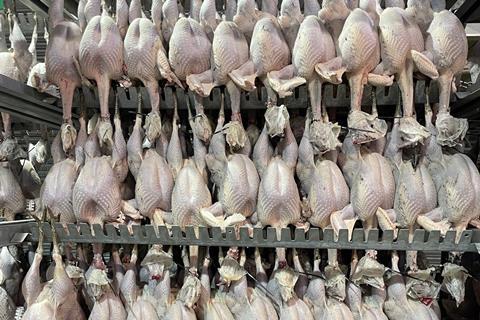
Rising consumer demand and a lower threat of avian flu should result in better sales and availability of turkey this Christmas, producers have forecast.
Poultry giant and major turkey supplier Avara Foods this week said it was “buoyant” about turkey sales in the run-up to the festive season, having seen “an uplift in all-year-round category performance, which has returned to growth”.
Retailers that had focused on price and promotion had been particularly successful in a category that was often forgotten, by retailers and consumers alike, a spokesman added.
It follows a disappointing festive season last year, during which turkey volumes fell significantly on pre-pandemic 2019 levels. They dropped by 13.2% in the run-up to Christmas, found Kantar data published by AHDB in January, while whole turkey sales fell 33.1% [4 w/e 25 December 2022].
This followed a record spike in bird flu last autumn, which led to the deaths of 600,000 festive birds – representing about half the 1.2 million to 1.3 million free-range turkeys and geese earmarked for the 2022 Christmas season.
Avara said this year was shaping up to be better, with demand and supply looking strong – particularly in frozen. It noted consumers were buying early as “a way of spreading the cost and smoothing the spending peak in December”.
WATCH: ALL THE RETAILERS’ CHRISTMAS ADVERTS 2023
Avara is expecting turkey to be the centrepiece for around 60% of households this Christmas. It forecast a continuation in demand “for easy, low-prep options – the likes of slow cooked, easy carve and ready-basted options, with joints and frozen products likely to be popular”.
But as a result, it said sales of whole birds would likely fall again in favour of joints and crowns “as saving time, space and waste become ever more important”.
The supplier’s comments were echoed by British Poultry Council CEO Richard Griffiths, who said the category had seen “good early retail sales and demand”, with “excellent pre-order numbers” in both retail and at the farmgate.
“As things stand, we have no concerns around supply as we’ve seen no bird flu, so both large and small producers feel like they are in a good place,” Griffiths added, in stark contrast to his warnings last November that the future of UK free-range turkeys was at risk due to the threat of bird flu.
However, he did also stress that major producers had this year acted to mitigate the threat of the disease by “moving as much of their production as possible into indoor systems”.
With “dramatically fewer cases” compared to this time last year, the current scenario “feels like business as usual”, said Tom Copas, who runs Berkshire-based free-range producer Copas Turkeys.
“The past few years have helped us identify how to improve our biosecurity systems and processes, but we remain ever vigilant,” he added.
“We are incredibly fortunate that, come Christmas, our farms will be clear of poultry and we can breathe a sigh of relief.”
But he warned the threat of bird flu was “by no means gone” and the poultry industry still needed “a robust vaccine programme in place as soon as possible to build confidence back in the supply chain and industry”.







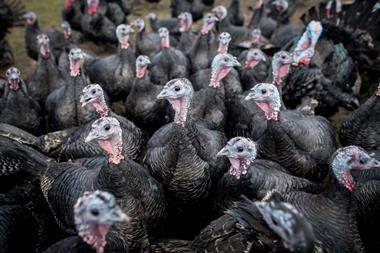
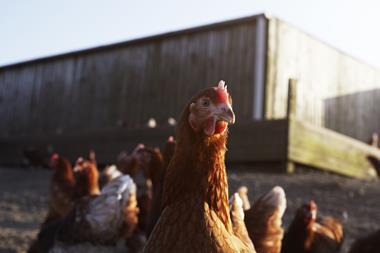
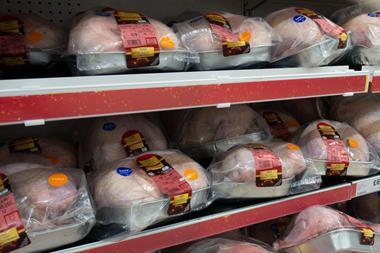
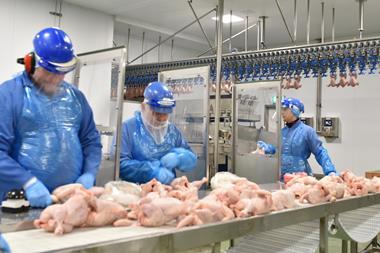
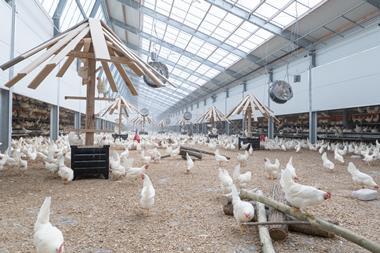
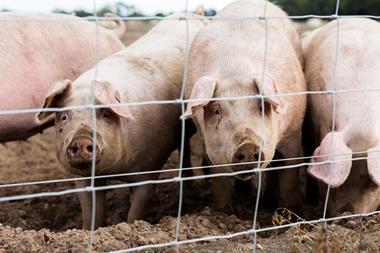


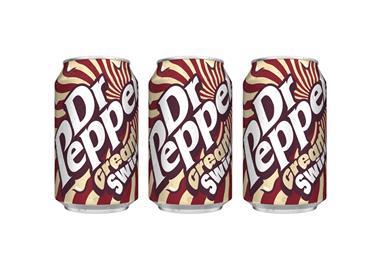
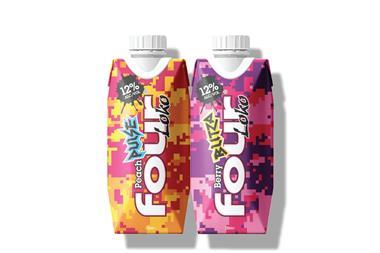
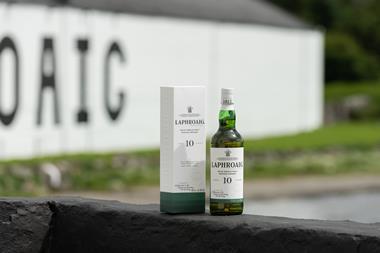

No comments yet